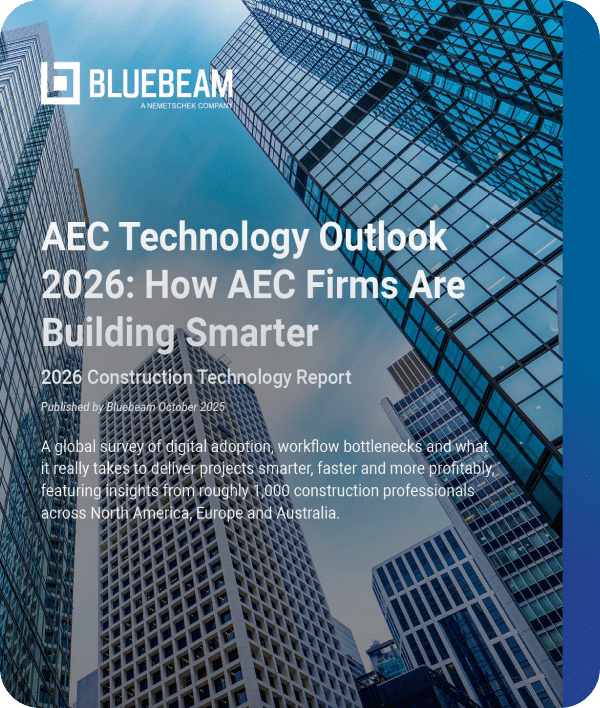Deservedly or not, the UK’s property development sector has to contend with some serious reputational issues.
Horror stories around newly built homes requiring expensive remedial work have regularly played out in the nation’s newspapers, and while the affected properties may be small in number, such tales attract attention and stick in the public’s mind.
Then there are tragedies such as the Grenfell Tower fire in 2017, in which 72 residents lost their lives.
The inquiry into that disaster is still ongoing, but those who have appeared have stressed that they worked within the current Building Regulations. While it is still unclear where to lay the blame fire experts say corners were cut in a refurbishment of the block, possibly contributing to the deadly blaze.
While we await the outcome of the investigation, how the sector operates and the ethics which govern its working practices remain under the spotlight.
Meeting responsibilities
How a construction firm behaves towards its customers and suppliers is a good indication of how it views its responsibilities.
Construction management consultant Paul Netscher highlights a number of unethical behaviours, including not ensuring a project is safe for those working on it, delivering a poor-quality project, fixing prices and poor environmental practices.
The drive for profit above all else is one of the prime motivators for unethical behaviour across the construction sector.
However, the vast majority of those involved in the industry do believe in delivering a good quality product at a fair price. They pay their suppliers on time and do not rip people off.
That consumers, home buyers and office tenants are becoming more savvy about what they want and what they are prepared to put up with has become more important in terms of curbing suspect practices. People expect – and demand – more. For example, the move towards delivering projects which observe environmental, social and governance (ESG) fundamentals has been gathering pace for some time.
Office occupants and new-build home buyers want their properties to be not only fit for purpose, but able to respond to issues such as climate change and the need to reduce emissions.
Building better
Developers are reacting to this movement with better designs, but government has also become involved, setting up the Build Better, Build Beautiful commission to examine ways of creating better quality environments for people to live and work in, as does its Build Back Better report, part of ministers’ efforts to level up those parts of the UK left behind by other, more prosperous areas.
Ethical behaviours in construction are many and varied. Acting responsibly throughout a project’s lifetime is up there, but understanding the community for whom a project is designed and built is also a good starting point. In New York, Columbia University teaches students to be mindful of the ethics of construction as part of its MSc in real estate development.
Course director Dr Patrice Derrington says that focusing on the needs of the community in which a scheme is to be built, rather than fixating on the likely profit, is essential. It can also help guarantee the very profit developers are after.
“A developer today is only one of many agents that are part of the process of putting up a building, and they are not the loudest voice,” she says. “Across the world, developments have been rejected or seriously reduced because of objections from the local community.
“Today, a successful developer needs to be patient and listen to the community.”
Ethical property investment
In the UK, some developers have begun to focus on similar needs, backed by investment firms that have put ethical developments at the heart of their business rationale.
Take Abundance Investment, which is working with Octevo Housing Solutions in Liverpool to deliver low-carbon affordable and supported living housing. With an emphasis on building affordable homes and reducing carbon, investment companies like Abundance are tapping into a growing desire on the part of people interested in making sure they invest responsibly. So far, Abundance has raised more than £75m and invested in 34 schemes.
With social, physical and mental well-being very much at the heart of the debate of what sort of built environment we want, together with how much we are prepared to pay for it, those who choose to behave ethically are making progress.
It is fair to ask why all developers don’t behave this way. Why do some companies cut corners in the pursuit of profit when others don’t?
Doing the right thing
For many the drive to be ethical is based around doing the right thing, of ensuring they get the business they want and delivering the projects required, by adhering to certain standards. Paul Netscher argues that unethical behaviour, whether it’s a client who does not pay on time or a contractor who shirks their own responsibilities, “will lead to a loss of reputation, which impacts future work”.
He also does a nice summing up of what ethical behaviour means: “[It] is about being honest and fair in all of your dealings. It means not compromising safety or quality. It means complying with the conditions of the project and paying what is due and fair. It’s about not profiting from someone else’s misfortune.”
The more that firms in construction take this approach, the fewer negative headlines we’ll see about dubious practices and poor workmanship.











